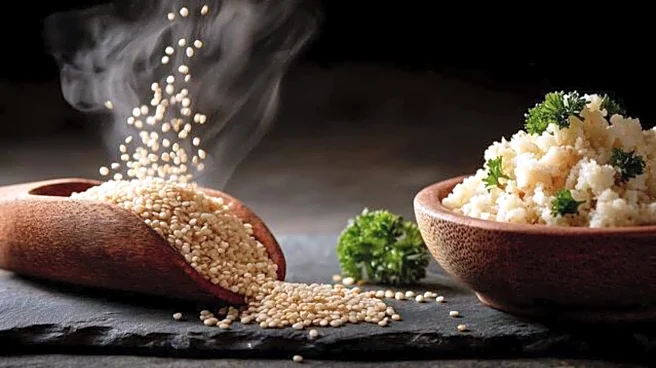
It’s no longer just unhealthy food or sedentary habits putting India at risk of heart disease, your everyday plastic bottle, toy, shampoo, or food container may be a hidden contributor too. A new global study has issued a stark warning: toxic chemicals called phthalates, found in common plastic items, are linked to over 1 lakh heart-related deaths in India in a single year.Phthalates are added to plastics to make them soft, flexible, and durable. But the very property that makes them useful is what makes them dangerous. These chemicals don’t stay fixed inside plastic. They leak into food when containers are heated, seep into water stored in plastic bottles, mix into the air we breathe, and enter our bodies through cosmetics and personal care
products.
Once they are inside your body, phthalates behave exactly like hormone disruptors. They interfere with the body's endocrine system. They affect metabolic health, influence fertility, destroy respiratory function and most concernighly, affect heart health. The 2018 global study has discovered that more than 3.5 lakh people worldwide died due to phthalate exposure in 2018, and in India, this number crossed 1 lakh deaths.Read More: Winter Pneumonia Might Be On Its Way. Here’s How To Keep Yourself SafeA deeper look at the global findings makes the danger even clearer. Researchers analysing data from 66 countries found that di-2-ethylhexyl phthalate (DEHP) exposure contributed to 13% of all cardiovascular deaths among people aged 55–64 worldwide in 2018. Regions with dense populations, rapid industrialisation, and heavy plastic use—such as South Asia, East Asia, and Southeast Asia—carried the highest burden. The study emphasised that even “low but continuous” exposure levels were enough to elevate heart-disease risks, because these chemicals accumulate in the body over time. This worldwide pattern mirrors India’s situation, highlighting how pervasive the threat truly is.Why such a strong link to heart disease? Researchers point to DEHP, a widely used phthalate, which has been shown to trigger inflammation inside arteries. Over time, this inflammation stiffens vessel walls, increases plaque formation, and raises the risk of heart attacks and strokes, even at low, long-term exposure levels. India’s vulnerability is higher for three reasons:• High plastic dependence; from packaged foods to hospital supplies.• Weak regulation on harmful chemical use.• Low public awareness, especially in rural and low-income households.Children, pregnant women, and older adults face the highest risk because their bodies either absorb more or are more sensitive to chemical disruption.Read More: 5 Early Warning Signs of Stomach Cancer That Are Hard to RecogniseWhile phthalates cannot be completely removed from the environment, exposure can be significantly reduced. Avoid microwaving food in plastic containers, switch to steel or glass for storage, and look for personal care labels that say “phthalate-free.” Small decisions at home add up to a meaningful reduction in the toxins you bring into your body.This rising health threat demands both personal action and policy reform. Safer materials exist — but until regulations catch up, awareness remains our strongest defence./images/ppid_a911dc6a-image-17638992848908133.webp)

/images/ppid_59c68470-image-177096253783524559.webp)











/images/ppid_59c68470-image-17709626287392285.webp)

/images/ppid_59c68470-image-177096260145649473.webp)
